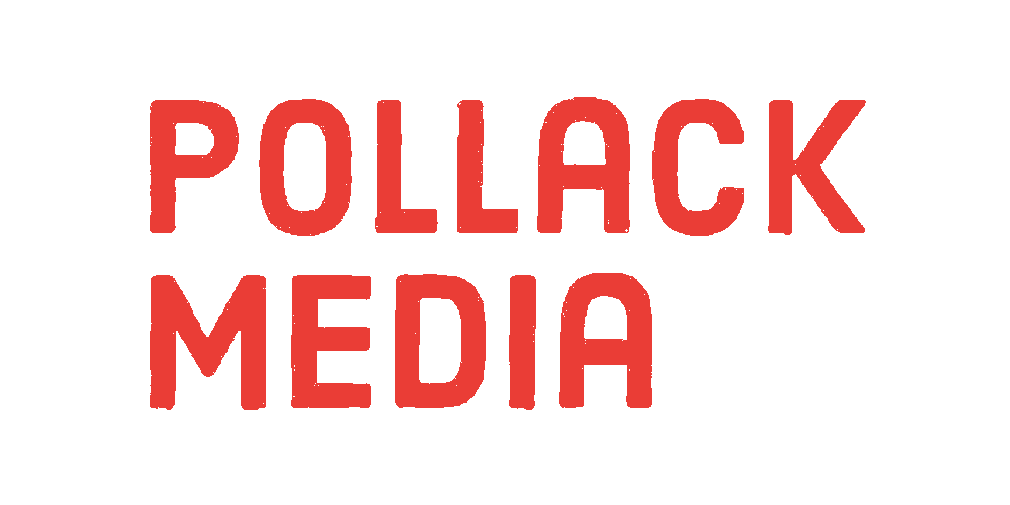The US Court of Appeals this week struck down 2 of the FCC’s 3 Open Internet Orders, which is the official name of the agency’s net neutrality rules. Net neutrality is a concept that demands that all Internet traffic should be treated the same. The FCC rules were imposed to prevent the nation’s largest broadband service providers from charging content companies for access to Internet fast lanes.
Verizon sued the FCC and the Court agreed, striking down sections of the law. The fear is that the court’s ruling opens the door for ISPs to charge companies like Netflix, YouTube, Skype and others more because customers who use those services use up more bandwidth. Alternatively, the companies could theoretically slow down traffic to various web services that use lots of bandwidth or that conflict with services run by the ISPs themselves. Net Neutrality was designed to prevent these things.
Much of the coverage so far of the Court of Appeals ruling has focused on the possible negative consequences. Harvey Anderson, a Senior VP at Mozilla, the company that developed the Firefox browser said, “Giving Internet service providers the legal ability to block any service they choose from reaching end users will undermine a once free and unbiased Internet.”
But not all observers think the worst will happen. In an op-ed piece in the LA Times, Jon Healey said that the Court of Appeals did not strike down the idea of the FCC regulating the ISPs, but rather, “What the court rejected were the specific rules the commission adopted to preserve openness online.
Another op-ed in Wired agreed: “Indeed, the court has very nearly given the FCC — and state utility commissions, to boot — carte blanche to regulate the entire internet. And that’s the real story here.”
No one’s sure what will happen next. Most of the major ISPs have pledged to “keep the Internet open.” Comcast, in fact, is legally obligated to respect the concept of net neutrality. Comcast promised to follow these rules – regardless of whether the law was changed – as part of an agreement that let the cable giant purchase NBC Universal in 2011.
But even before the Court of Appeals spoke, net neutrality rules weren’t stopping ISPs from being creative. For example, a policy shift by AT&T last week – prior to the court ruling – raised a few eyebrows. AT&T announced its Sponsored Data program, which AT&T said would avoid net neutrality violations. AT&T wants to charge companies such as Netflix and YouTube to stream media directly to mobile companies without affecting customers’ mobile data caps.
In the wake of the Appeals Court’s decision, the FCC’s options include: 1) appealing the ruling, 2) changing the legal status of ISPs (below), or 3) waiting and seeing what the ISPs do and handle abuses case by case.
Changing the status of ISPs refers to a fundamental part of the Telecommunications Act, which separates communications channels into Title I and Title II. Several years ago, the FCC classified ISPs under Title I. Without getting too deep into these arcane rules, this classification matters a lot. The result of the court ruling is that Title I companies (“informations services”) cannot be regulated as the FCC did with new neutrality. But, if ISPs were reclassified as Title II companies (“common-carrier services”), the FCC would be able to reinstate all its net neutrality rules.
Observers say that options 1 and 2 above would be difficult for the FCC for a variety of reasons. Most are betting on option 3. They believe the FCC will step in if they perceive egregious violations by an ISP. The FCC’s preemptive strike of its Open Internet Orders was blocked; it may take an actual violation of the net neutrality principle to create the political will to change the law.
– Pat Welsh

